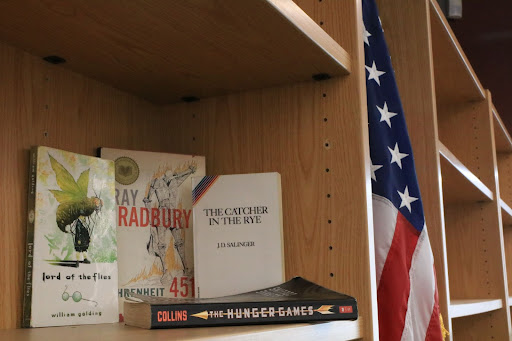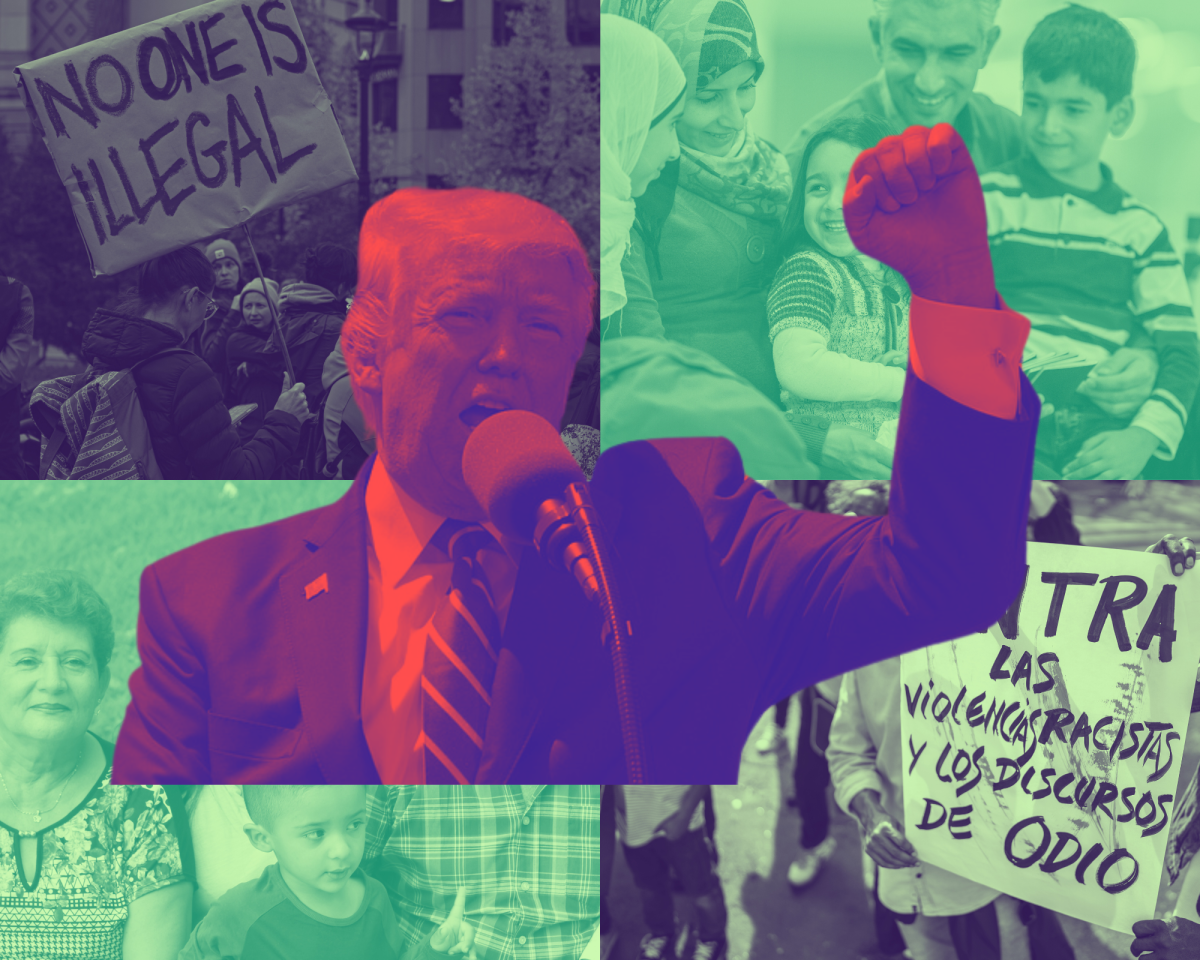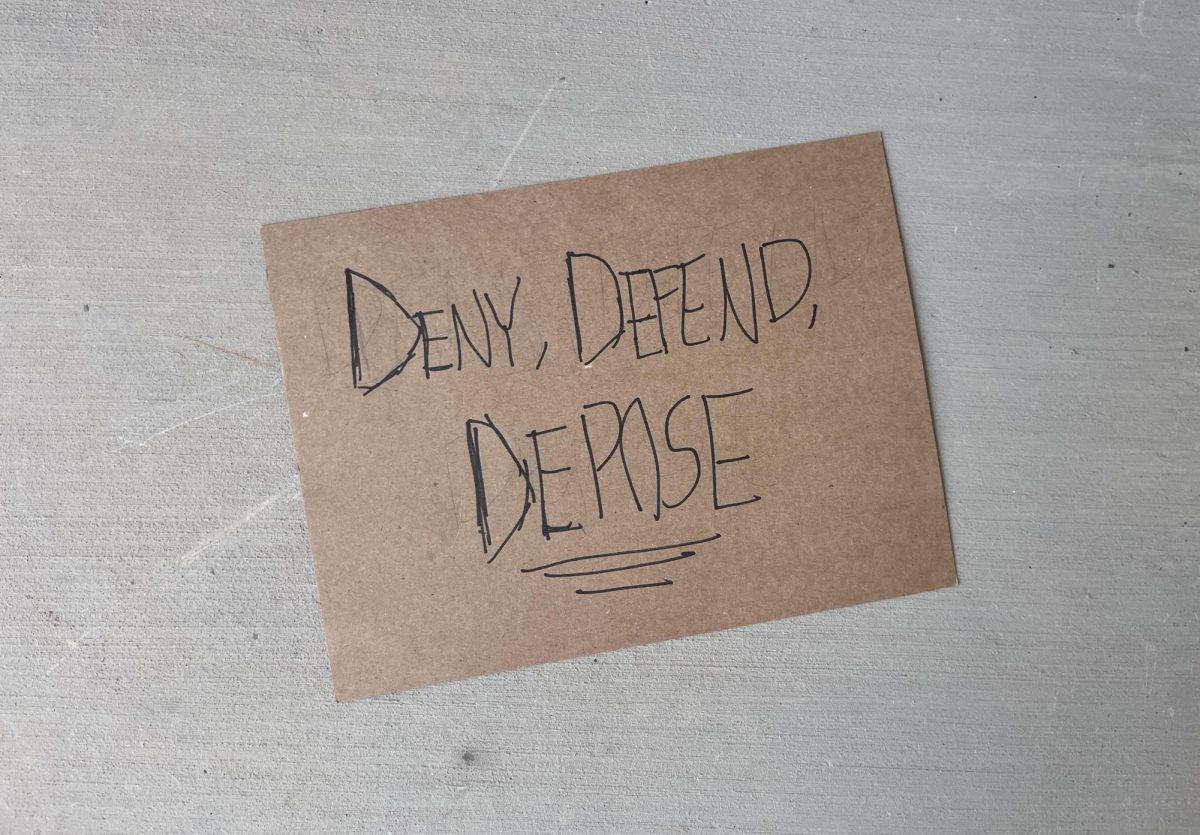Across American school districts in the United States, there are estimated to be roughly 1,500 individual book bans, censoring more than 850 unique titles. The leading prolifereators of the bans are not small-reaching interest groups; they include the massive state-wide legislative support in the states of Texas, Florida, Missouri, and Utah. Hundreds of other books are effectively censored as they remain unavailable during a lengthy review process. The black box inside internal committees which deliberate on these bans are rarely transparent to the public.
In a country which values free speech so highly, the very idea of outright book banning- even for younger audiences- flies in the face of our constitution and culture.
Increasing book bans around the country have led to a driving question about the underlying causes leading to these new censorship policies. One answer can be found with the increasing political division in the United States which is seemingly devolving into culture and value conflicts within youth education. The newly restricted books around school districts in the country are overwhelmingly LGBTQ-centric texts, containing themes of gender identity and sex. Not so coincidentally, the majority of these book bans are occurring in more conservative states.
Arguably more concerning the righteousness of either conflicting political interest is the unintended implications of new book regulations. The Katy Independent School District in Texas took the popular 1998 children’s book “No, David!” off their shelves due to the presence of a cartoon boy’s backside in a single scene. The author of the children’s classic, David Shannon, was also blacklisted in the district after his title was banned from shelves. After public scrutiny, the district repealed the decision and returned the book to shelves, stating that it was not their intention to remove such a book off the shelves.
The “No, David!” incident in the Katy Independent School District demonstrates the danger that arises from such broad interpretations of vaguely-worded book regulations. Without the input of district parents and students, secretive district councils and committees can now make unilateral decisions regulating the availability of information in libraries.
This issue of book censorship is especially sensitive to school and public libraries that may be a young student’s only access to information. Since youth are unable to advocate for their own rights effectively, it is essential that the community scrutinizes any changes to the availability of free expression for youth.
Though the rights of youth readers and authors are an indispensible, there are some legitimate concerns sprinkled throughout the hubbub of conservative talking points concerning inappropriate book content. One common example book-ban advocates point to is “Flamer,” a graphic novel that describes a young character’s experience being bullied for displaying stereotypically gay behavior. The title is LGBTQ+ centric at its core; there are still some legitimate parental concerns about allowing similar books to reach the hands of young children. For example, the book contains examples of inappropriate language and visual references to sexual innuendos that seem generally ill-suited for the hands of pre-teen audiences. Instead of taking it off shelves entirely, however, communities should be willing to find a middle ground.
For concerned parents, students, and school officials, perhaps a compromise can be found in the school’s library policies. As legal guardians of their children, parents do ultimately have a right to monitor the types of content their kids are consuming. To strike a healthy balance between upholding free speech values while protecting children from legitimately sensitive content, perhaps parents can manually sign-off on the books their children attempt to check-out, similar to M-Rated video games that have been around for decades. With this policy, parents can individually decide what their kids are reading, while barriers to access including availability of the book itself is no longer a concern.
For now, it seems states such as Texas and Florida are not letting up on their book bans, nor are they willing to find compromise and read between nuanced lines. We have seen for decades that books targeted at children can tackle adult issues in creative ways: for example, the classic title “Sneetches” by Dr. Seuss managed to give children exposure to the issue of prejudice in an understandable manner. The way in which LGBTQ+ titles tackle those same issues of discrimination seems no different today.
If you are going to ban Flamer, you have to ban Dr. Seuss. These districts have to take a stance: not pick and choose.







